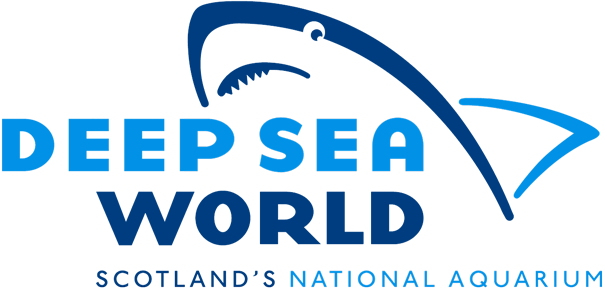
The health of our sea creatures means everything to us here at Deep Sea World. First and foremost, it means that they are living enriched lives, and it also means that you get to see them at their very best when you visit, giving you the best learning experience.
As you might expect, this takes a great deal of time and effort – which we’re more than happy to put in, day in and day out.
So how exactly do we keep our animals safe and healthy?
Employing Passionate People
The biggest factor in the wellbeing of our animals is the people who work for us.
Everyone who works at Deep Sea World – or any aquarium worth its salt (we couldn’t resist the pun!) – is genuinely and actively passionate about animals. Just like all good school staff love children, and all good medical staff love people.
You’ll see this for yourself when you come and visit us. Any member of our staff will be more than happy to chat to you, and their enthusiasm will be clearer than our tanks! (More about those later.)
Monitoring Individual Animal Health
Attention to detail is everything when it comes to looking after animals.
We all go for regular check-ups at the doctor, don’t we? And we don’t hesitate to consult our doctors when we feel poorly or are concerned about something…
So it only makes sense to ensure our aquarium has the same setup! And of course, these animals can’t talk about what’s ailing them, so we need to keep an extra-close eye out on their behalf.
Our aquarists carry out regular health-checks on all the animals – from the sand tiger sharks to the clownfish (AKA Nemo). As well as looking out for the telltale physical signs of poorliness, our experts monitor the animals’ behaviour to see if there are any underlying conditions – which often stops big problems before they get a chance to develop.
Creating Super-Specific Diets
To stay in tip-top shape, each different type of sea creature needs to eat specific food, so we cater to each one differently. There’s not just one type of fish food that we throw into every tank! It’s much more complicated than that.
When an animal lives in captivity, such as in an aquarium, they can have a great life – but only if they are looked after properly, living in the right habitat and, just as crucially, receiving the right nutrition.
Our aquarists prepare and serve the food for all the animals, including any vitamin supplements and making any adjustments wherever needed. Like we said before, it’s all about attention to detail.
Cleaning Tanks, Checking Water Quality and Cleaning Filters
If you have a fish tank at home, you’ll already know what we’re talking about here…
They need regular cleaning!
Fish produce waste (again, just like all animals!), and algae builds up. There’s no way to prevent either of those things from happening – it’s just part of marine life. But if the water is not kept clean and algal blooms are allowed to grow, this creates a toxic environment for the vast majority of fish. It’s very much like air pollution is to us humans – imagine if we were kept in an enclosed space, without any way to freshen the air.
So we make great efforts to keep all of our exhibits clean and tidy – everything from monitoring water quality and temperatures, to checking filtration systems, to replacing any equipment that is damaged or worn-out.
Maintaining Habitats
As mentioned earlier, it’s vitally important that we recreate animal habitats as accurately as we can here at Deep Sea World, in order to ensure safety, health and happiness for our sea creatures.
This means that the water temperatures, the plants, the rocks, the coral and the mixture of fish in any one exhibit must be based on real-life habitats, and suitable for every single fish in the exhibit. The main reason that our tanks are so large is because this is best for the animals – not just for the increased living space that this gives each animal, but also because natural contamination (which happens in natural habitats too) is absorbed and diluted.
Creating these habitats to begin with takes a lot of hard work and effort, but it’s equally key that we keep on top of it all on an ongoing basis.
Organising Animal Playtime
Just like us humans, every aquatic animal benefits from exercise and mental stimulation – it’s crucial to all aspects of their health, and helps to relieve stress (and prevent it), keeping them happy and enriched.
Many creatures are naturally playful, but some need a little encouragement, and it’s all beneficial. Our aquarists run playtime as part of their routines (enjoying it just as much as the animals, to be honest!) – such as ‘team’ challenges with several animals from the same species, as well as individual toy-based play with one animal.
Deep Sea World: Where Conservation Is Everything
As you’ve hopefully gathered by now, looking after our animals is our top priority. We are a responsible aquarium that puts creature wellbeing first – and we want to help educate every single visitor about marine life and how to help conserve it.
Attend one of our daily talks and feeds, and keep an eye on our upcoming events.
For extra insight, book your behind-the-scenes tour (suitable for children aged 3 and over).
Book your Deep Sea World tickets online to save on entry!
